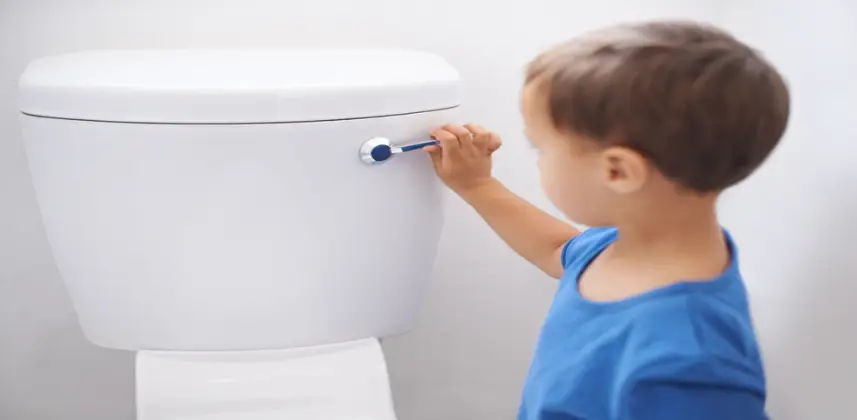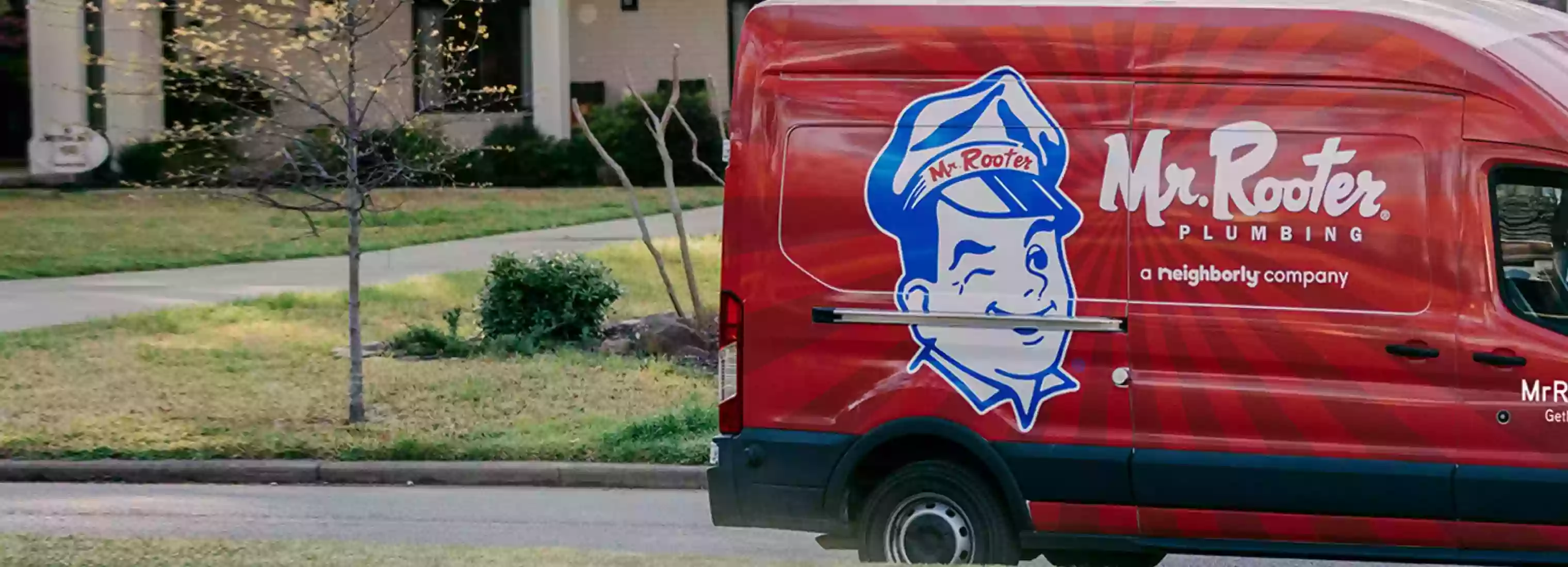Tips to Teach Kids About Properly Caring for Pipes

Are you a parent who has ever been frustrated by plumbing problems in your home? If so, you know that proper pipe and fixture maintenance is key to ensuring your plumbing system works effectively. But it’s not always easy to teach your kids the basics of keeping plumbing healthy.
Our team at Mr. Rooter Plumbing of Memphis wants to help you learn how to keep your plumbing systems functioning properly, allowing you to pass on this knowledge to your smallest family members. Let’s discuss the basics of preventative safety practices and tips for teaching your kids how to be responsible when it comes to maintaining household pipes and fixtures.
Reasons Why Teaching Kids About Responsible Plumbing Maintenance is Important
Teaching responsible plumbing maintenance is vital for kids learning plumbing maintenance to ensure a healthy, safe, and efficient home. Responsible plumbing maintenance starts with knowing the basics of how your home’s pipes and water system works so that your child can help prevent serious issues before they happen.
These life-long lessons will also help them recognize emergencies early on and take appropriate action immediately; this could prevent water damage in your home due to burst pipes or overflowing fixtures. Furthermore, teaching kids about responsible plumbing maintenance is important for them when they move out on their own and rent an apartment or house for the first time. You’ll want to do your best to prepare your kids for the future of property ownership and what actually goes into upkeep. Being familiar with the proper steps for regular maintenance will save them from costly repairs later down the line.
3 Tips for Teaching Children about Responsible Plumbing Maintenance
1. Explain the Basics of Plumbing Systems to Kids and How to Identify Potential Problems
Plumbing systems are the pipes, fixtures, and other devices used to move water and waste away from a property. Understanding the basics of plumbing systems is important for kids so they can identify potential problems and avoid their own plumbing mistakes.
During your plumbing basics lesson, talk about the following:
- The parts of your plumbing system – Plumbing systems are divided into two main categories: supply lines and drainage lines. Supply lines bring fresh water into a home, and drainage lines take the wastewater away.
- Components of the two lines – Supply lines may include the main inlet valve, pressure regulator, shutoff valves, water meters, water heaters, and cold water pipes. Drainage lines include vent stacks, drain-waste-vent (DWV) piping, fixture traps, and sewer connections.
- Potential plumbing problems – When problems arise with plumbing systems, it’s usually due to blockages caused by minerals in hard water or tree roots growing in sewer lines. Other potential issues may include a broken pipe or leaky joints that allow sewage to back up into a home. If your child notices any signs of plumbing problems—slow drains, strange noises coming from pipes, or gurgling toilets—it’s best to call a licensed Memphis plumber to diagnose the issue before it worsens.
2. Have Children Participate in Regular Plumbing Inspections, So They Understand Their Importance
Having children participate in regular plumbing inspections is important in teaching them the value of preventive maintenance. A plumbing system is a critical component of your home, and having a basic understanding of how it works can help your children develop an appreciation and respect for this essential system.
Regular plumbing inspections allow kids to learn about your home and its system. Kids who participate in these inspections can better understand how their actions affect the overall performance of their home’s plumbing system. Through these inspections, children can ultimately learn that proper upkeep is essential for keeping your home safe and comfortable.
3. Teach Children What Not to Put Down the Drain or Toilet
It’s incredibly important for children to learn the dangers of clogging up household drains and toilets. Kids should be taught that hair, toys, paper towels, cotton swabs, facial tissues, and even flushable wipes shouldn’t go down the drain or toilet. These items can become lodged in pipes and cause major plumbing problems when flushed. This can result in costly repairs or even entire pipe replacements, which can be a huge inconvenience.
Further, educating children on the environmental impact of clogged drains and toilets is also essential. When wastewater can’t move properly through a system, it can back up into your home, resulting in an unsanitary mess and potential health risks.
Mr. Rooter Plumbing of Memphis Can Empower Parents with Preventative Plumbing Safety Practices
Teaching kids how to recognize potential hazards and how to properly upkeep plumbing and fixtures can help them avoid accidents and injuries. In addition, you should ensure the fixtures your kids use are in good condition and up to date with all necessary safety codes and regulations. With the right preventative practices in place, you can create an environment where your child can safely explore without risk of harm or danger.
If you need more guidance, Mr. Rooter Plumbing of Memphis can provide the tools, advice, and general information to support you in maintaining your home’s pipes and fixtures and imparting that knowledge to your littlest loved ones.
What are you waiting for? Get started by calling us or scheduling plumbing maintenance today. Click to call
Click to call


